Eliminating Anxiety, Panic, and Worry – RONALD D SIEGEL (Online Course)
Description:
Clients suffering from anxiety have a hard time believing they can get better—often having decided that their heart-pounding panic attacks, nauseous feelings, and obsessive worrying are inevitable. In short, they’re just “anxious” people.
So it’s no wonder that when you as their clinician offer a different reality, you’re likely to face doubt and even resistance.
But there’s good news! Thanks to decades of clinical work and research, we now have proven, effective methods to guide clients to a life free from the paralyzing effects of anxiety.
In this online certification training course, you’ll join world-leading anxiety treatment experts, including Margaret Wehrenberg, Reid Wilson, Ron Siegel, Lynn Lyons, and Catherine Pittman—to master strategies that offer both quick results that will motivate your adult and clients, as well as long-term, life-altering plans to free them from anxiety’s grip.
Through six comprehensive modules, you’ll learn:
- The most effective, neuroscience-backed strategies to overcome anxiety
- How to develop effective anxiety treatment plans, including appropriate use of medicine and mindfulness practices
- How to work with the increasing number of anxiety triggers, such as loneliness, stress, fear, guilt and past trauma
- How to work with depression and other co-occurring disorders
and much more!
You’ll end this training with the skills to transform your client’s relationship with anxiety so they can live a full and more engaged life!
Bonus! Now you can become a Certified Clinical Anxiety Treatment Professional. Complete this online course to easily advance your career. Learn more below…
In just three easy steps, you can become a Certified Clinical Anxiety Treatment Professional (CCATP).
Step 1: Watch the online course
Step 2: Complete the CE test and instantly print your certificate of completion.
Step 3: Submit your certificate of completion and certification application to Evergreen Certifications.
- The role of the brain in anxiety symptom expression
- Key components of effective anxiety treatment, including appropriate psychopharmacological and mindfulness practices
- The relationship between anxiety and co-occurring issues such as depression, anger, and over-activity
- How to help clients understand the impact of anxiety in the brain so they can more effectively predict and overcome their daily anxiety triggers
- Neurologically informed CBT techniques that help to reduce anxiety
- Effective brain-based strategies to help clients overcome avoidance and resistance
- How to rapidly engage anxious clients in the therapeutic alliance and change their mindset toward their fears
- How to help clients accept perceived threats as something they can change and overcome
- Effective, motivational strategies to help clients transform their fear into a challenge to be met or a puzzle to be solved
- Effective strategies for stress management that reduce symptoms of anxiety in clients
- Methods to help clients identify perfectionism in thought and behavior that continually cause worry
- The best neuroscience backed treatment interventions to decrease rumination
- How mindfulness compares to traditional avoidance-based treatments for anxiety
- The use of mindfulness techniques to increase our capacity to bear uncomfortable experiences through present experience
- How to differentiate child experiences of anxiety so you can offer more effective treatment methods
- Practical techniques and strategies for reframing the role of anxiety and reducing symptoms to improve client functioning
- How to help kids with anxiety by teaching them about risk, danger, uncertainty, and problem-solving
NLP online course
So what is NLP?
Firstly, NLP stands for Neuro-Linguistic Programming. Secondly neuro refers to your neurology;
Thirdly linguistic refers to language however, programming refers to how that neural language functions.
As a result,In other words, learning NLP is like learning the language of your own mind!
Moreover, NLP is the study of excellent communication–both with yourself, and with others.
It was developed by modeling excellent communicators and therapists who got results with their clients.
NLP is a set of tools and techniques, but it is so much more than that.
In conclusion, It is an attitude and a methodology of knowing how to achieve your goals and get results.
Preview Information:
Original Page
Archive Page
More Course: NLP – HYPNOSIS – PHILOSOPHY
Outstanding Course:Psychomed – Better You


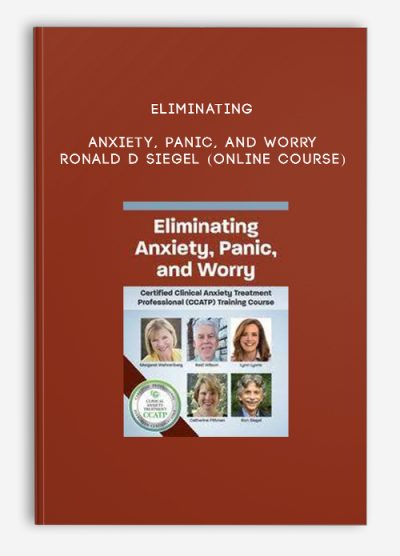
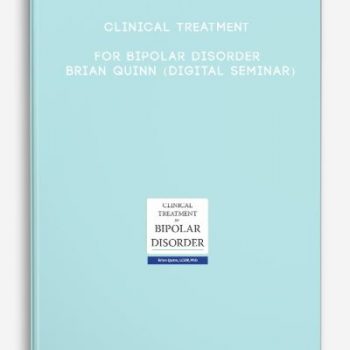
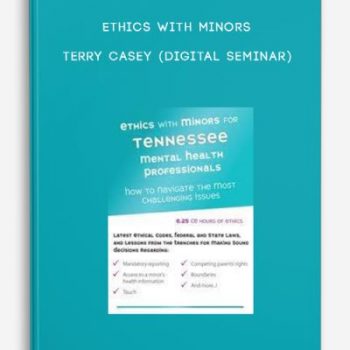
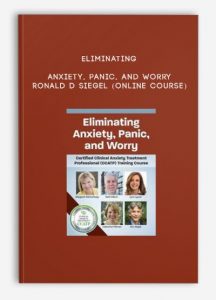
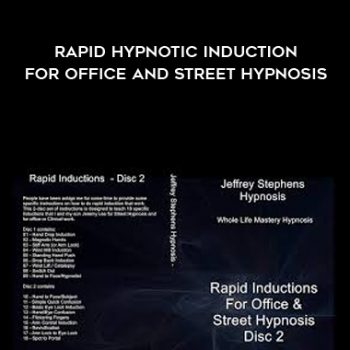
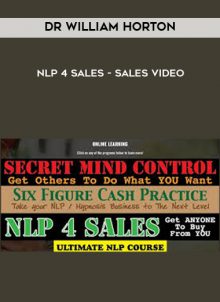

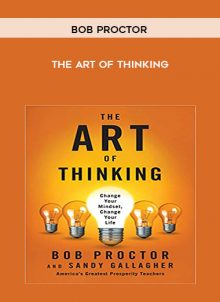
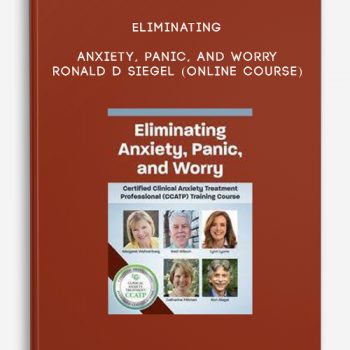

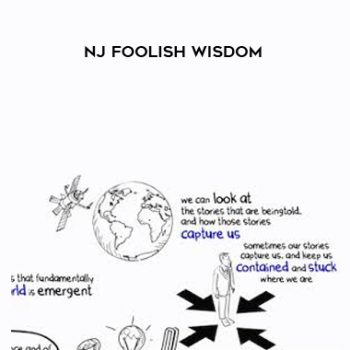
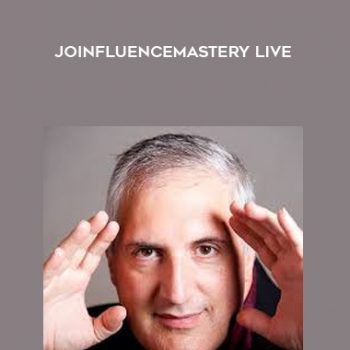
Lord –
This is Digital Download service, the course is available at Vincourse.com and Email download delivery.